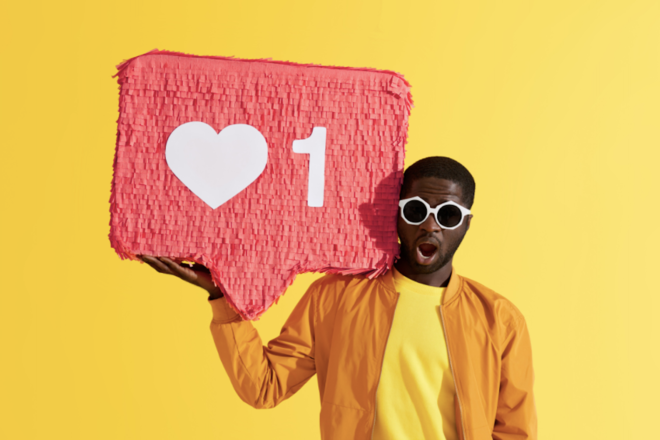Guest Post by Tania Hung, Managing Director – Sandbox Studios Agency
These days it seems as if every time I click onto a social media platform, I learn about new brands that are selling exactly what I didn’t know I was looking for. As such, this summer I have acquired 5 new high quality, sustainably manufactured, borderline garish patterned shirts from 5 different brands that, honestly, I couldn’t name.
I’m open to more.
This is essentially a roundabout way of saying that the marketplace is not only incredibly saturated – and not just in the way it was a decade or so ago when Millennials were all becoming entrepreneurs and pursuing their own passion projects – but it has also evolved to become increasingly sophisticated and nuanced. Where the whole chain, from product development to marketing and distribution need to work in overdrive to reach and resonate with their specific target audiences.
This brand landscape is reminding me of the effect Spotify had on the music landscape for the masses. Where the average music consumers’ playlist or mixtape du jour was once largely populated by songs from their favourite artists that they tracked and followed. These personal catalogues are now compiled of a variety of songs by artists that they might have never heard of, and may never actively remember, all fed to them by playlists based on their personal algorithms like Discover Weekly or curated playlist based on their personal inclinations like ‘Chill Vibes’.
Remember the days where you were able to identify ‘one hit wonders’? Well, now for all I know, half of my playlist is made up of one hit wonders, I just wouldn’t know it as, unless I actively search for an artists’ other songs, I may likely not come across them again.
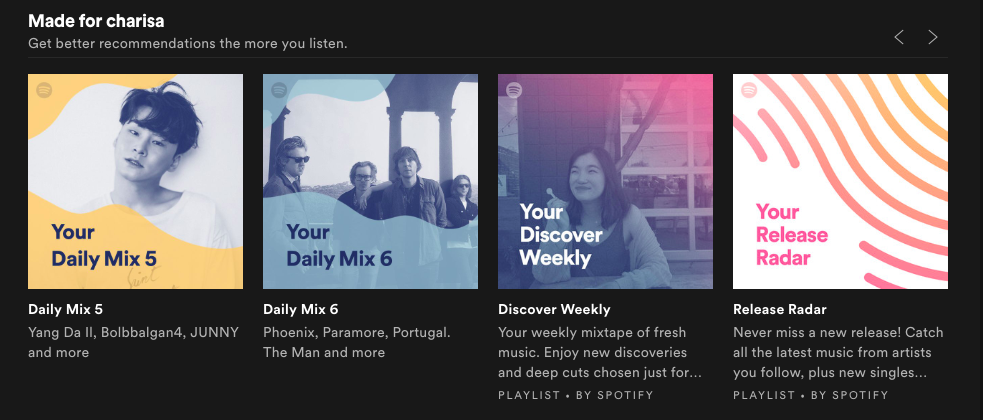
Such is the way of the world with constantly advancing technology and platforms.
As a consumer, I’ve benefited greatly in that my playlists (and wardrobe, skincare regime, pantry collection) have never sounded (and looked) better. For brands, this provides as many challenges as it does opportunities. The evolution of brand practices is inevitable as technology provides consumers with more ways to find, purchase and engage with brands. If you do things right, the marketplace allows you to become more discoverable now than ever as a new brand, but it’s entirely your job to differentiate to consumers and to stay memorable and relevant.
Partnering with a celebrity could be a great and efficient solution to this, generating awareness through an existing audience base without relying on algorithms. Celebrity association allows you to borrow equity and credibility through an established point of view, provides a recognisable face to encourage brand recall, whilst also opening your doors to new retail channels, investor interest, media coverage, etc.
But nowadays, with every other influencer and talent launching their own brand causing celebrity brand fatigue, being famous is not enough. Celebrity and influencer brands need to behave as any other competitive brand.
Before launching a talent brand or partnership, here are 7 vital questions you need to answer:
1.Is it just cash the talent is after?
Success stories like Casamigos and Rare Beauty are piquing the interest of all types of talent. This works to brands’ benefit as it takes less to convince talent to be patient and play the long game. It is now acceptable (and in a lot of cases requested) to forego one big pay check upfront for equity and royalties that could yield greater financial rewards and provide a more consistent, sustainable and growing revenue stream in the years to come.
The right talent, however, needs to truly be interested in the business and not just in it for the cash.
Crafting a deal that is mutually beneficial to the brand and talent is key and doing so requires a clear understanding and alignment of both parties’ wider goals and objectives. Financial incentives is just one part – talent platforms are brands in themselves, so think about where your brand fits in and contributes to your talent’s overall brand.
2. Is the talent willing to put in the work as an entrepreneur/co-founder/partner?
One of the main benefits of having a celebrity partner on board is gaining access to a much wider network through their platform. Seems obvious to state, but if the talent isn’t willing to roll up their sleeves and tap into their resources, the investment into getting them on board is no better than a paid brand ambassadorship that might not be worth giving up equity for.
3. Has the talent got a strong enough platform with the right audience?
The brand needs to come first – what is the proposition? What is the brand trying to communicate with their audience? The right talent not only has to have a strong following, but has to be someone that can speak to the USP in the most natural, credible way with a fanbase that is already engaged with what they are saying. This means finding the talent that has invested the time into building a platform around the topic or space the brand is launched in and strategically orienting this platform around highlighting the benefits of the brand in the lead up to announcing the partnership.
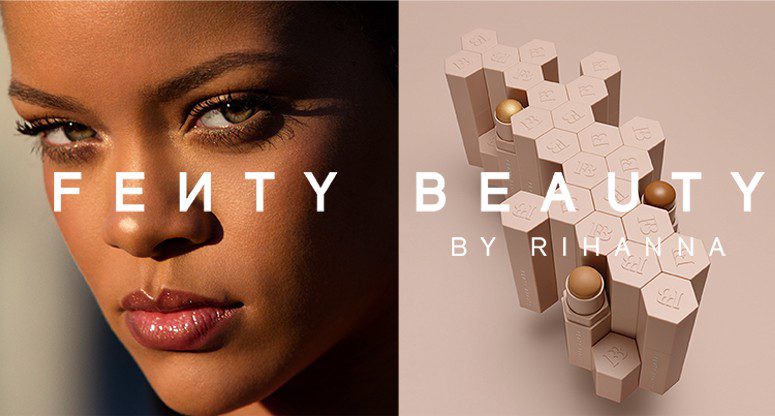
4. Have you developed a thoughtful, long-term launch strategy?
Piggybacking off the last point, brands must invest in their launch strategy ahead of time. Doing the hard work pre-launch will build the anticipation amongst consumers and pay off in the long run. This isn’t just creating content on social media, but also doing interviews, the PR circuit, etc.
5. Are you assembling the right team of industry experts that can help develop your brand?
The talent is just one member of what needs to be a well-oiled machine. You need to have the experts in all departments to get your brand off the ground. Whilst many celebrity brands are launched through incubators that churn out propositions for multiple celebrities, they tend to only provide specific (albeit invaluable) benefits such as scalability or access to capital.
Aligning your brand with experts and authorities in your category (especially in categories like health and wellness) will provide the credibility that will assure discerning consumers, whilst a team of brand building experts devoted solely to your brand is necessary to provide the care and focus needed to nurture a new and growing business.
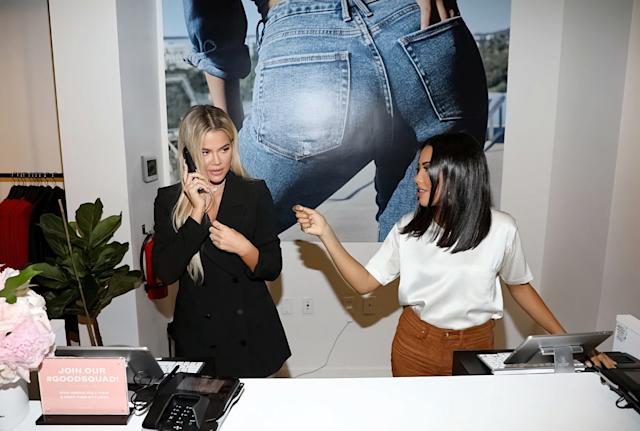
6. Does your brand have a unique POV?
Just as fame is no longer sufficient to entice choice-rich consumers, good products aren’t either. Leave the one-size-fits-all solutions to old-school brands. New brands need to be differentiated and address an unmet need in the marketplace – or risk being drowned out by bigger players.
As mentioned in the point above, working with the right professionals will help consumers understand how you’re delivering on your promise.
NOTE: Don’t rely on your talent for product credibility – flawless skin on A-list talent won’t convince the consumer that they will achieve the same dewy glow upon using that face cream you’re selling. Your A-list talent partner is the communicator of your RTB, not your RTB.
7. Does the brand’s overall execution match up with the talent’s brand?
A believable partnership requires a cohesive brand experience. Brand messaging and target audiences are key, but a considered brand aesthetic and packaging that matches with the talent’s aesthetic and personal style is equally important. Furthermore, pricing for your products and services need to make sense for the talent’s fanbase which should of course be aligned with the brand’s target audience.
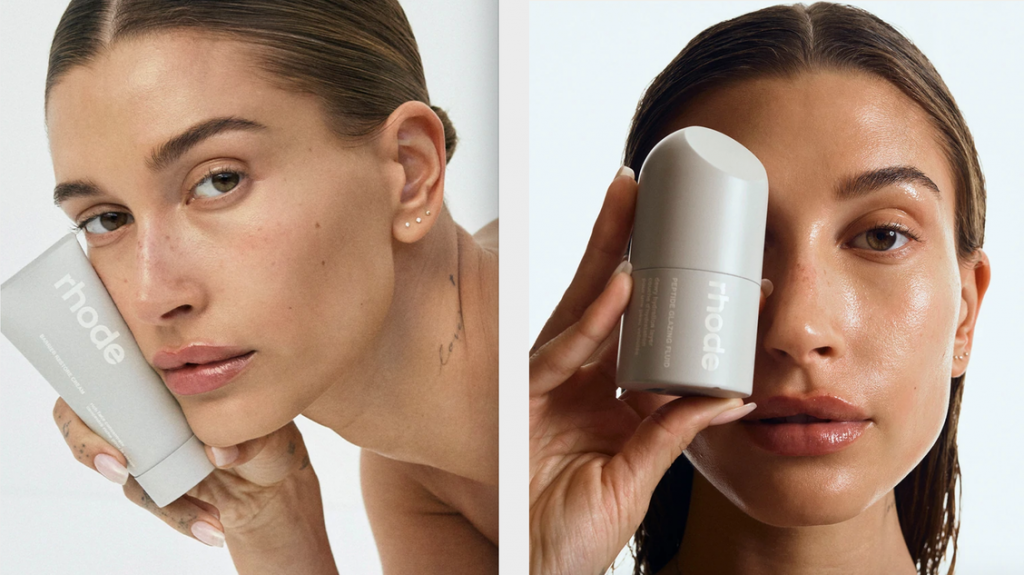
Working with talent is not cheap, but it can be a very comprehensive solution to many growth challenges. Doing it right requires a significant amount of strategic planning and a deep understanding of the sometimes aligned, sometimes conflicting objectives of brands and talent.
With the official launch of our agency, reach out to us to find out more about how your brand or brand partners might tackle this beast.

